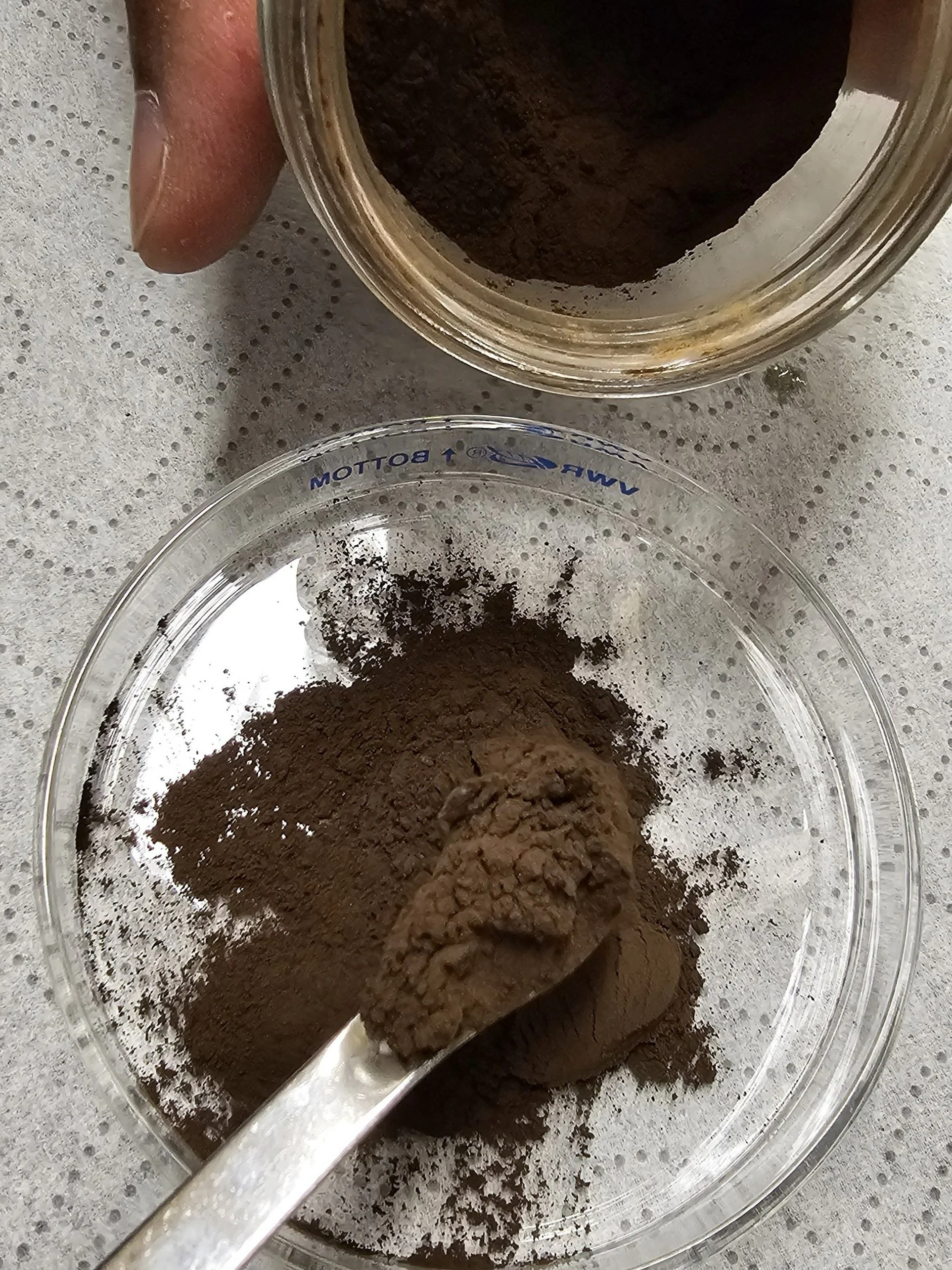Lignin and lignin-based adhesives offer a sustainable pathway in our quest for eco-friendly materials. Lignin, a renewable byproduct of industries like pulp and paper, presents a remarkable opportunity to reduce dependence on finite petrochemical resources. When used in adhesives, lignin promotes biodegradability, lowers toxicity, and lessens the carbon footprint of manufacturing processes. Its abundance, combined with ongoing research to enhance its properties, positions lignin as a key player in the shift towards a more sustainable and circular economy, where waste reduction and resource efficiency are paramount. Lignin-based adhesives exemplify the potential for innovation and responsible material choices, making them an essential component of sustainable development.






